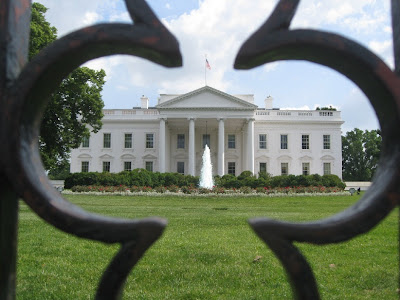Hey folks!
I've finally arrived in Machinga! A lot has happened over the last few days, so I'd like to break this post up into a few parts.
1)
My new home
This is Machinga! It's a small district located in Southern Malawi, and is located very close to Liwonde National Park, which is home to a variety of different animals including elephants, monkeys, and the like. I am currently living in
Msamati village, in Kalembo
traditional authority, which is just outside of Liwonde, which is on the border of
Machinga and Balaka districts (confusing, huh? haha). It is a very nice place, with many shops, a great market to get excellent food (fish, sugar cane, bananas, tomatoes, and other tasty things). Machinga has a high perecentage of Muslim citizens, which is rare for Malawi. Someone told me that this region is up to 40% Muslim, which is a shift from the predominately Christian population of Malawi. The weather feels like summer in Canada, except that the sun feels much, much stronger. At nightime the air is cool, and sleep is well found because of it. Being exaughsted and having a bedtime at 7:00pm has been the strangest thing so far, but I really enjoy getting 10 or more hours of sleep per night.
Genevieve - who will be my EWB coach, and my go-to person on the EWB side of things - helped me to find a home, and we were successful! I am living in a three room house with one of my co-workers. He is currently out of town because of sickness, but the nephew of another coworker of mine is staying in the home to help me get adjusted. He is 12 years old and his name is Blessings. I would say his name sums up exactly the way I feel about him - he is brillant, funny, helpful, kind, and has helped me so, so much. The best part of the last two days was sharing sugar cane on the walk home, and laughing when I said that I was so red from
the sun that I looked like a tomato. He is a really cool dude, and the other family members are awesome, and I'm looking forward to living here.
However, I learned a big lesson right of the bat - sunscreen is important. I don't think I've ever been so sunburnt! Remember to be sun safe.
My house is surrounded by three other households, who are all interconnected in ways that I don't yet understand. Of the folks who live here, there is Peter. He is a student, father, and Bank employee who works harder than almost anyone I've ever met. He is also one of the very, very few people here who speaks english, and I've been able to learn so many valuable things from him. Yesterday I shared Nsima and roasted corn with my neighbors, and had a great time talking about life in Malawi.
This community has been very good to me, and has welcomed me to join them for Nsima (a dough made of corn flour - a staple in Malawi) many times. I feel very happy, and can't wait to share more stories.
2) My Placement
Not only was it my first day in Machinga, it was my first day at my new work placement. I will be working alongside IGIP, who is a German based consulting company who has partnered with the
African Development Bank on a water infrastructure project in 4 districts in Malawi over two years. This is a huge project under a very strict time frame, which has posed some big challenges.
For what I'm concerned about, this ADB project hopes to accomplish two things:
1) Complete the siting process for new boreholes, and install these boreholes.
2) Complete an assessment of boreholes that require rehabilitation, and determine which ones are eligible for repair under the project.
While I won't be directly helping with the technical components of the projects, I will be exploring how the consultants on this projects make decisions about where to put infrastructure. What are the requirements for a community to be eligible for infrastrture? What factors make one community more suitable for infrastructure than another community? What are the external (political, social, environmental) factors that come into play?
Essentially, I will be learning from their decision making processes, exploring what biases may be in place when these decisions are made, and trying to bring this observations forward to see what lessons can be learned.
I will be working with Chris, who is a French consultant working for IGIP, and Steve, who is the District Water Officer for the Machinga District. I will also be working with extension agents, who are responsible for completing Water Point Committee (WPC) training and other tasks. A WPC is a group of community members who take ownership of the maintenance and management of a borehole once it is installed. I hope that these extension workers will allow me to travel to the villages that will be receiving the new boreholes, to find out more about why they were selected by the ADB. Also, they are the folks with the sweet motorcycles!
Apparently it is a holiday here on Monday (a past president's birthday), so I will start work on Tuesday. I look forward to sharing thoughts from my first week at work. There is an internet cafe about 30 minutes from my house, so I hope to keep up my goal of posting and responding to emails once per week. Please to write emails, and I will do my best to respond.
Also, snail mail seems like it probably won't be available, but I'll keep looking. Keep yer fingers crossed!
Much love, and be well.
Kevin








